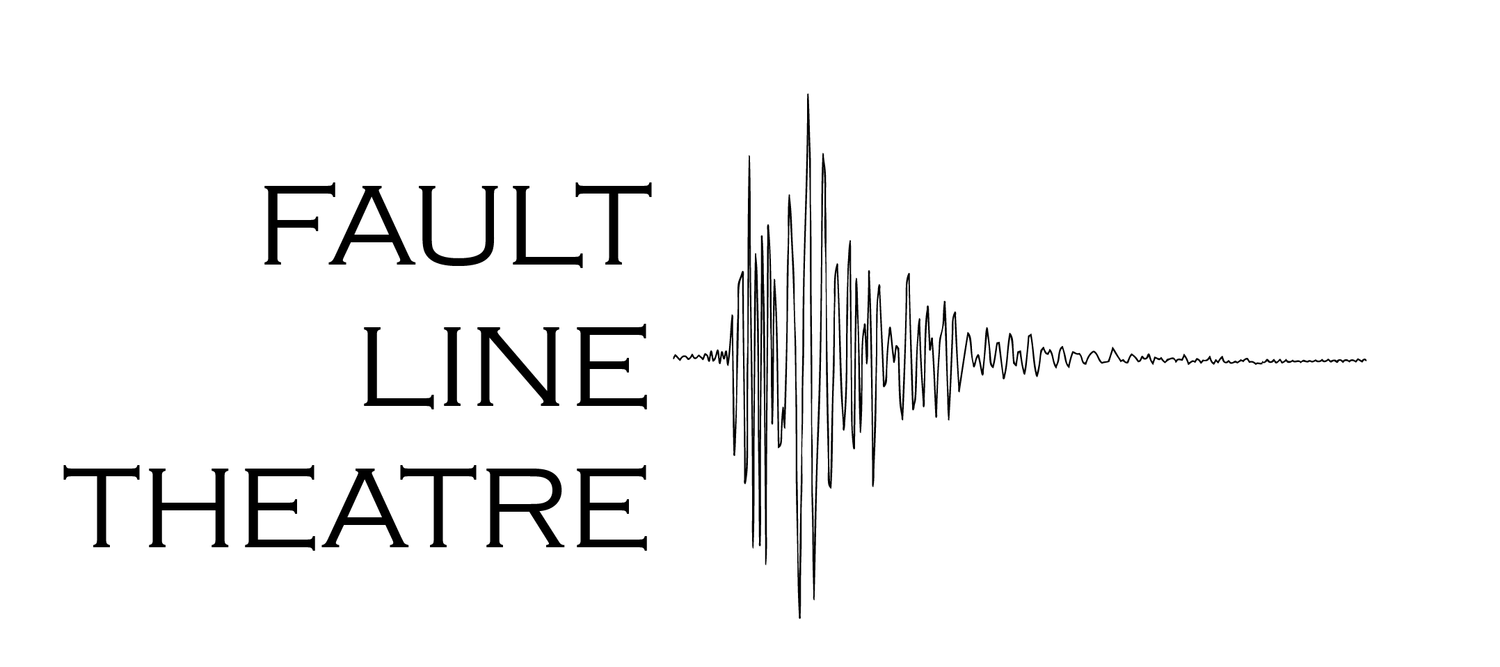Catherine Saint Louis recently wrote a blog post for The New York Times discussing a study published in the journal JAMA Psychiatry on the long-term psychiatric consequences of childhood bullying. In the past, studies have made connections between bullying and psychiatric problems in children, but never before has the connection been extended into adulthood. It is also worth noting that the study concludes that both the victims of bullying and the bullies themselves are prone to psychological issues in adulthood. The entire article can be found here.
I was actually most struck by the idea that bullying impacts the bully almost as much as it does the victim. This statistic is one that is potentially difficult to wrap our minds around. Incidents of bullying that reach the mainstream media understandably vilify the bully. We are often presented with a clear antagonist. In reality, the relationship between bully and victim is potentially far more complicated. Bullying, at its core, seems to be a struggle of ‘status’. Bullies are concerned with maintaining higher status, forcing the victim to acknowledge a lower status. However, it is worth noting that the bullies would not be bullying if they already felt they were of ‘high enough’ status. The idea here is that there is an inferiority complex at play. In From White Plains, Ethan Rice says he only bullied Dennis and Mitchell to make his friends laugh. This is subtle, but that desire to get laughs is, in itself, an ego-based desire for approval. On the other side of this, the victim is then forced (often violently) into feeling minimized and of a lower status.
Jockeying for status certainly does not end after childhood. As adults, we are often more subtle in our tactics to maintain and vie for status. However, if the habits we form and roles we assume at a young age are not in some way dealt with, why would we expect them to change? This makes the cause of psychological trauma perhaps a chicken-or-the-egg question. Is bullying the cause of the psychological state or is it merely a symptom of a larger, deeper psychological issue that also leads to problems as an adult? The study does take into consideration previously diagnosed psychological issues and other risk factors in the children that were studied, but perhaps the motivating psychological factors are not as overt has we would like to think.
I pose these questions because I think bullying is a serious issue that should be discussed; it should not be simply swept under the rug. I don’t think we have all the answers. Often times, I think we look for easy answers to try and understand the issue of bullying. We look for clear good guys and bad guys. Perhaps this is not the case, and in reality the relationship between bully and victim is a mutually negative one.

